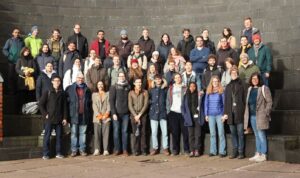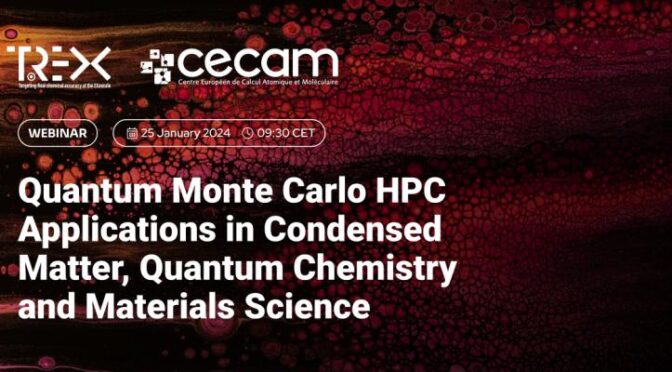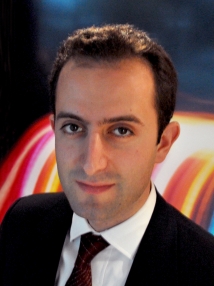Machine learning interatomic potentials (ML-IPs) have now established themselves as a key technique in atomistic modeling. They allow the simulation of many diverse types of systems, from the molecular to the solid state, at the accuracy of highly sophisticated electronic structure methods but at a greatly reduced cost. While the general methodology of training and validating a machine learning potential has been well established, many codes and integrated software applications exist to perform these tasks. Since many of these come with a high entry barrier, there is still a need to educate young and early-career researchers in these tasks, as well as provide a pathway to enter the field and make valuable contributions for researchers who have promising ideas that could benefit from the application of ML-IPs.
Monthly Archives: January 2024
Quantum Monte Carlo HPC Applications in Condensed Matter, Quantum Chemistry and Materials Science 25 January 2024 | 09:30 -12:30 CET
Join us for a deep dive into the cutting edge of quantum materials research and quantum chemistry at the upcoming webinar on “Quantum Monte Carlo HPC Applications in Condensed Matter, Quantum Chemistry, and Materials Science” on January 25, 2024, from 09:30 to 12:30 CET. The webinar is a collaborative effort between the Targeting Real Chemical Accuracy at the EXascale (TREX) project and CECAM (Centre Européen de Calcul Atomique et Moléculaire).
Overview and objectives
The webinar will be exploring the frontiers of quantum materials research and quantum chemistry, by means of Quantum Monte Carlo (QMC) calculations, owing to their unique suitability in solving complex many-body problems as well as in harnessing the parallelism offered by upcoming exascale supercomputer architectures.
The agenda covers a spectrum of key topics, including magnetism, surface physics, layered materials, energy excitations, and high-pressure hydrogen. Participants will gain a deeper insight into high-performance computing applications via quantum Monte Carlo simulations.
Target Audience
This webinar caters for researchers, students and professionals in the fields of quantum chemistry, condensed matter physics, and materials science.
Theoretical Spectroscopy Lectures :: Cecam School March 2024
dear colleagues and friends,
it is with pleasure that we announce the forthcoming
Theoretical Spectroscopy Lectures
that are going to take place in CECAM, Lausanne
March 11, 2024 – March 15, 2024.
The deadline for registering is 5 February 2024.
The event is going to take place at the CECAM HQ in Lausanne. Please take note that in order to participate to the hands-on sessions, you are required to come with a laptop (better if running under Linux).
Please find here the details of the school
https://www.cecam.org/workshop-details/1195
We thank Psi-k and the gdr REST for extra funding.
Looking forward to seeing you in Lausanne.
The organisers,
Francesco Sottile
Gian-Marco Rignanese
Valerio Olevano
New Psi-k Chair
As we move into a new year Psi-k is delighted to announce the election of a new Chair, Professor Arash Mostofi of Imperial College London. Professor Mostofi will follow on from previous Chair, Professor Peter Haynes, who has now come to the end of his term.
Arash Mostofi is Professor of Theory and Simulation of Materials in the Departments of Materials and Physics at Imperial College London. His research is dedicated to the development and application of first-principles modelling tools for the theory and simulation of materials. He is an original author and developer of the Wannier90 and ONETEP codes and his research interests include electronic structure software development, 2D materials, defects and interfaces, and perovskite and layered perovskite oxides.
We would like to take this opportunity to thank Professor Haynes for his leadership of Psi-k over the last three years and look forward to working with him as the Chair of the next Psi-k Conference that will be held in Lausanne, Switzerland in 2025.
Psi-k 2025 Conference
Please visit the Psi-k 2025 Conference website for details.




